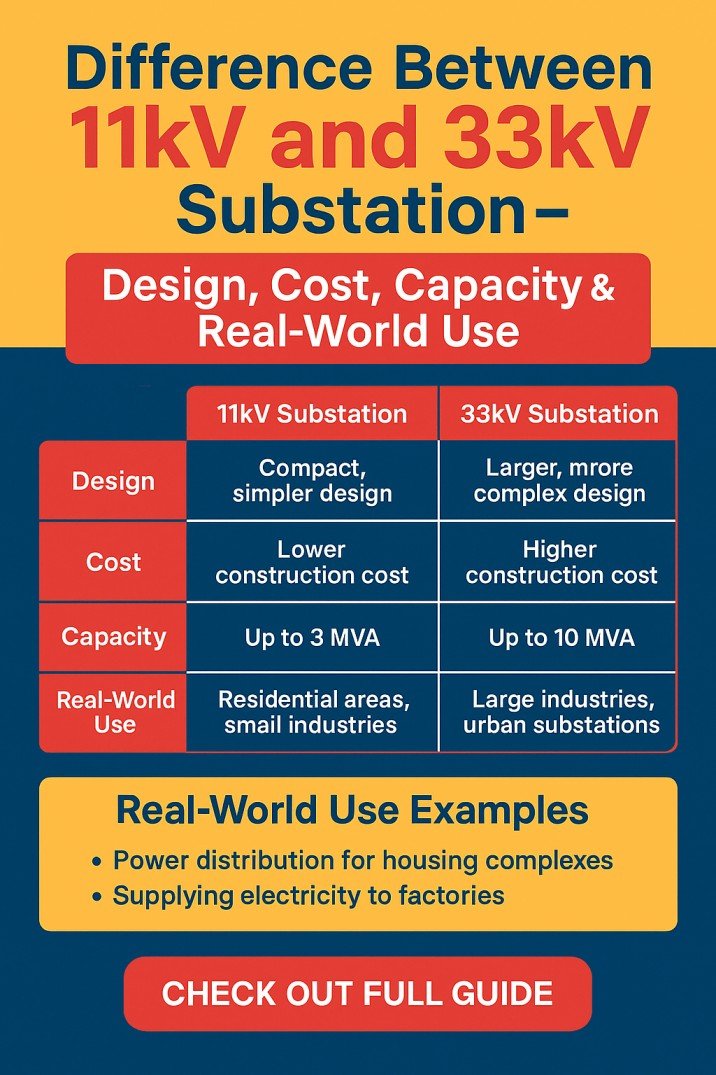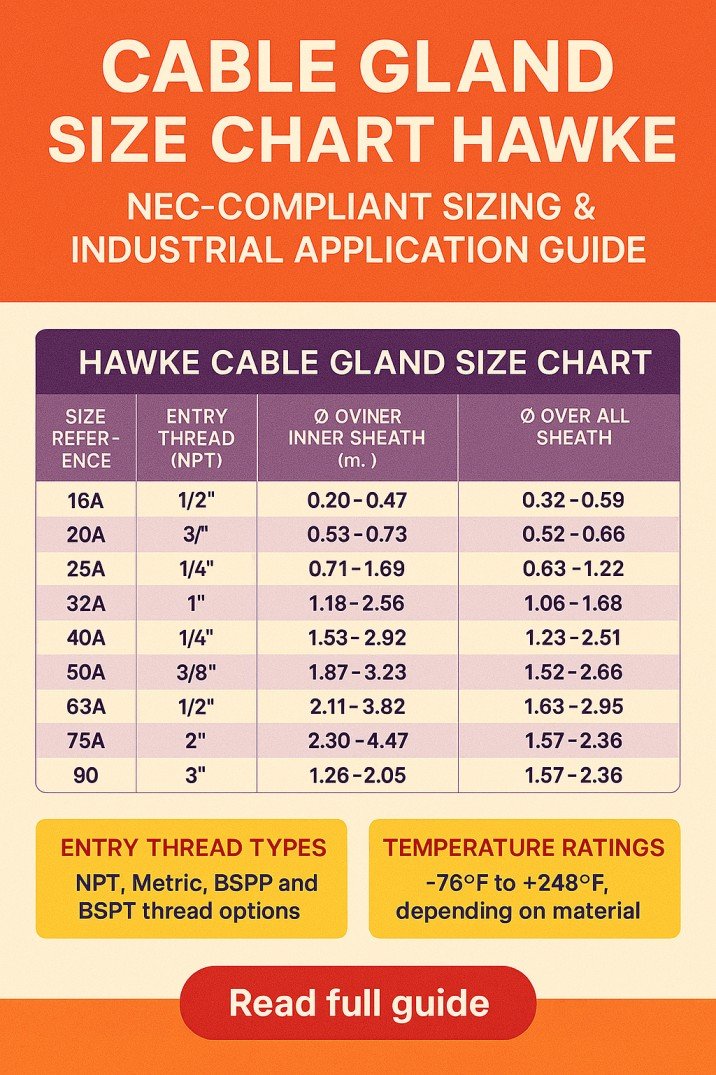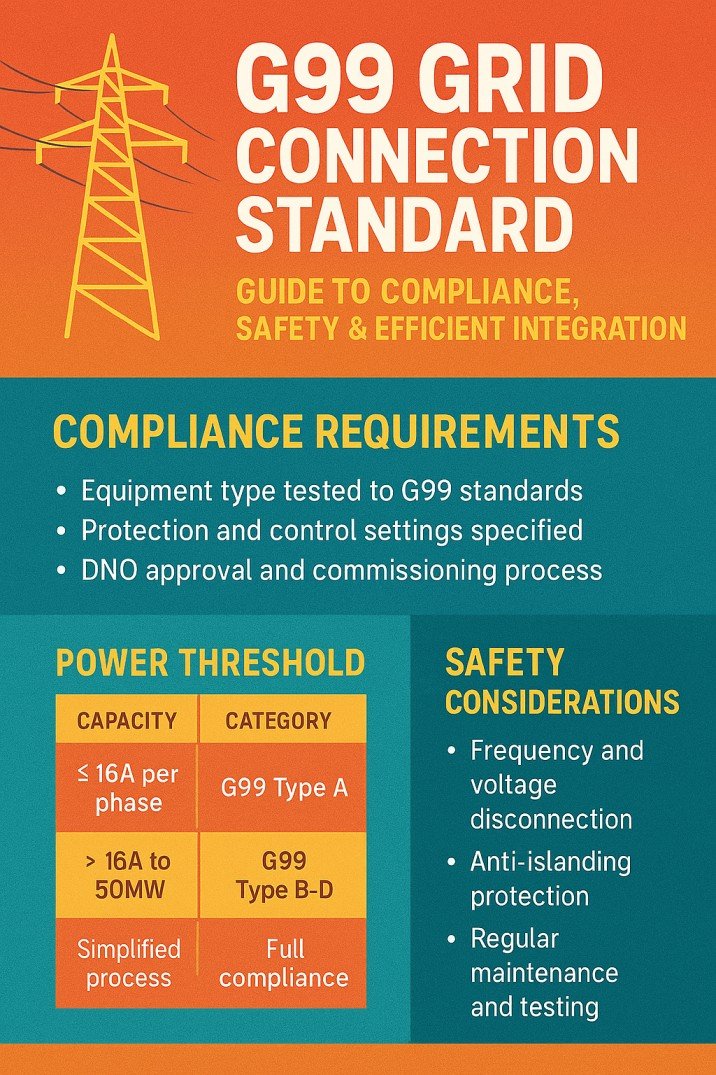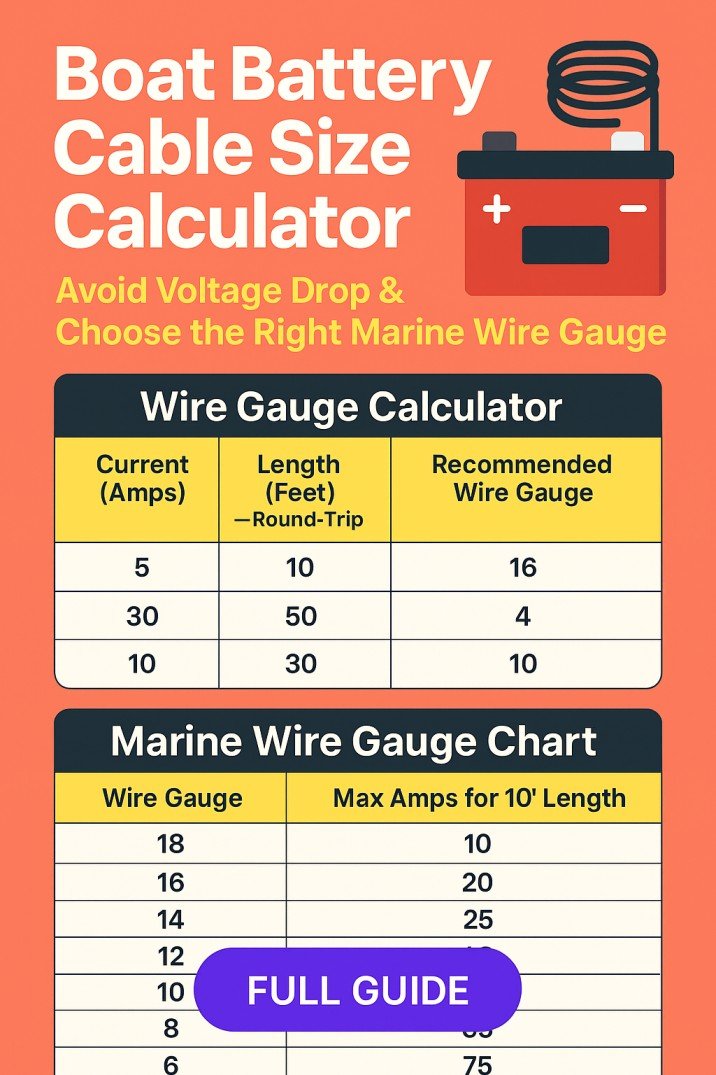What is a Variable Resistor? A Comprehensive Guide
A variable resistor, also known as a potentiometer, is a fundamental electronic component that allows manual control over the amount of resistance in an electric circuit. Its primary function is to regulate the flow of electric current by adjusting the resistance, enabling precise control over voltage, current, or signal levels.
These resistors come in various types and designs, but they generally consist of a resistive element and a movable contact, often called a wiper or slider. The resistive element can be a coiled wire, a carbon track, or other materials with a predictable resistance behavior. The wiper is a conducting material that can slide or rotate across the resistive element, altering the amount of resistance along the path of the circuit.
Table of Contents
Table of Contents
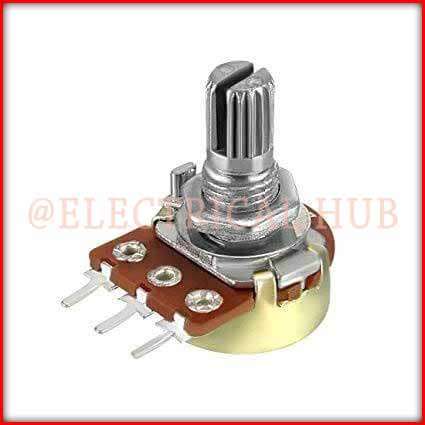
Variable resistors have three terminals: two outer terminals and a central terminal. The resistive element connects the outer terminals, and the wiper is connected to the central terminal. By adjusting the wiper’s position along the resistive element, the effective length of the resistor in the circuit changes, modifying the overall resistance. This change in resistance affects the amount of current flowing through the circuit.
They are incredibly versatile and find applications across various industries and devices. In audio systems, potentiometers control volume levels by adjusting the electrical signal strength. They’re also used in dimmer switches to regulate light intensity and in tuning circuits for precise frequency adjustments.
Additionally, variable resistors are crucial in calibrating and tuning electronic devices, allowing for fine adjustments and calibration in electronic circuits, ensuring accuracy and precision in their functioning. From controlling speed in motors to adjusting settings in instrumentation and amplification systems, these components play a pivotal role in countless electronic applications where precise control over resistance is needed.
Types of variable resistor
Variable resistors, or potentiometers, come in various types, each designed for specific applications and functions.

Here are some common types:
Rotary Potentiometers: These have a rotary knob that can be turned continuously to change resistance. They come in different sizes and resistance ranges and are often used for volume controls in audio equipment.
Slider Potentiometers: Instead of a rotary motion, these have a sliding mechanism to change resistance. They are often found in faders on audio mixers or as controls in electronic devices.
Trimmer Potentiometers: These are small, adjustable potentiometers designed for precise calibration or fine-tuning during manufacturing or repairs. They’re commonly used in circuit boards for initial setup and then fixed in place.
Digital Potentiometers (Digital Pots): Unlike traditional potentiometers that use mechanical movements to adjust resistance, digital potentiometers use electronic switches to change resistance digitally. They can be controlled digitally via microcontrollers or other digital interfaces, allowing for automated adjustments in various applications.
Multi-Turn Potentiometers: These potentiometers require multiple rotations to cover their full range, providing very precise adjustments compared to single-turn potentiometers. They’re used in applications where fine-tuning is critical, such as calibration in instrumentation.
Cermet Potentiometers: These use a ceramic and metallic mixture for the resistive element, providing stability, precision, and reliability in harsh environmental conditions, making them suitable for industrial or high-demand applications.
Wirewound Potentiometers: Constructed with a coil of wire as the resistive element, they offer high precision and power handling capabilities, commonly used in high-power applications or in circuits requiring accurate resistance values.
Each type of variable resistor is chosen based on factors like required precision, environmental conditions, power handling capacity, and the specific application’s demands, allowing for tailored solutions in electronic circuit design and implementation.

Models of Variable Resistor
There are various models of variable resistor, each catering to specific requirements and applications. Here are some notable models commonly used:
Bourns 3296: A popular trimmer potentiometer known for its precision and stability. It’s often used in applications requiring fine adjustments and calibration.
Alps RK09: Commonly found in audio equipment due to its smooth operation and reliability. It’s a rotary potentiometer renowned for its durability.
Vishay Spectrol 534: Known for its high precision and reliability, particularly in industrial settings where accuracy and endurance are crucial.
TT Electronics P160: A multiturn potentiometer offering precise and multi-rotation adjustments. It’s used in applications requiring fine-tuning and accuracy.
Panasonic EVJ-Y: A digital potentiometer featuring digital control capabilities, ideal for applications where remote or automated adjustments are necessary.
TE Connectivity 534: A wirewound potentiometer known for its robustness and ability to handle high power and high-frequency signals.
Ohmite AG10: A cermet potentiometer known for its stability, particularly in harsh environmental conditions and high-demand applications.
These models represent a fraction of the diverse range of variable resistors available in the market. Engineers and designers often select models based on factors such as precision, durability, power handling, and environmental suitability to meet the specific requirements of their electronic circuits or systems.
Applications of variable resistor
Variable resistors, or potentiometers, have a wide array of applications across various industries and electronic devices due to their ability to control resistance. Here are some notable applications:
Audio Equipment: Potentiometers are extensively used in audio devices like amplifiers, mixers, and speakers to control volume, tone, and balance.
Lighting Control: In dimmer switches for lights, variable resistors regulate the intensity of light by adjusting the resistance in the circuit.
Instrumentation: They are crucial components in calibration and tuning of instruments such as oscilloscopes, voltmeters, and multimeters, ensuring accuracy in measurements.
Motor Speed Control: Variable resistors are used in motor control circuits to regulate the speed of motors, often in industrial applications.
Tuning Circuits: Potentiometers are employed in tuning circuits for radios, televisions, and communication devices to adjust frequencies or signal strength.
Temperature Control: In some heating systems, variable resistors can control the heat output by managing the current passing through heating elements.
Robotics and Automation: They find use in robotics and automation for controlling servo motors or precise movements in mechanical systems.
Medical Devices: Potentiometers are used in medical equipment to adjust settings, such as in dialysis machines or diagnostic tools.
Automotive Electronics: Variable resistors are present in automotive applications, such as in dashboard controls, climate control systems, and sensors.
Electronic Prototyping: In electronics labs or during prototyping, potentiometers are used to simulate variable conditions or to adjust circuit parameters for testing purposes.
Their versatility and ability to finely adjust resistance make variable resistors fundamental components in various electronic systems, enabling precise control over voltage, current, and signal levels in a wide range of applications.
Frequently Asked Questions
What is a variable resistor?
A variable resistor, also known as a potentiometer, is an electronic component that regulates electrical resistance manually, controlling current flow in circuits for precise voltage, current, or signal level adjustments.
How does a variable resistor work?
It comprises a resistive element and a movable contact. By adjusting the contact’s position along the resistive element, the overall resistance in the circuit changes, thereby altering the current flow.
What are the types of variable resistors?
They come in various types like rotary, slider, trimmer, digital, multi-turn, cermet, and wirewound, each designed for specific applications based on precision, durability, and functionality.
Where are variable resistors used?
They find extensive application in audio systems, dimmer switches, tuning circuits, motor speed control, instrumentation, robotics, and various electronic devices across industries.
What is the purpose of a trimmer potentiometer?
Trimmer potentiometers are small, adjustable units used for precise calibration during manufacturing or repairs in circuit boards before being fixed in place.
How do digital potentiometers differ from traditional ones?
Digital potentiometers use electronic switches to change resistance digitally, allowing for automated adjustments via microcontrollers or digital interfaces, unlike mechanical movements in traditional potentiometers.
Why are cermet potentiometers suitable for harsh environments?
Cermet potentiometers utilize ceramic-metallic mixtures for stability and reliability, making them ideal for industrial applications in challenging environmental conditions.
What are the key factors to consider when choosing a variable resistor?
Precision, power handling capacity, environmental suitability, and specific application demands are crucial considerations in selecting the right variable resistor for a circuit or system.
How do multi-turn potentiometers differ from single-turn ones?
Multi-turn potentiometers require multiple rotations to cover their full range, offering very precise adjustments compared to single-turn potentiometers, crucial for fine-tuning applications.
In which electronic devices are variable resistors indispensable?
They are integral in audio equipment for volume control, dimmer switches for light intensity regulation, instrumentation for accuracy, and even in automotive electronics for various controls and sensors.
Worth Read Posts
Follow Us on Social:
Subscribe our Newsletter on Electrical Insights for latest updates from Electrical Engineering Hub
#VariableResistor, #ElectronicComponents, #ResistorTypes, #ElectronicsBasics, #VariableResistance, #Potentiometer, #Rheostat, #OhmsLaw, #CircuitDesign, #ElectronicsProjects, #CurrentControl, #VoltageDivider, #ResistorFunction, #ElectronicsEngineering, #AnalogCircuits


